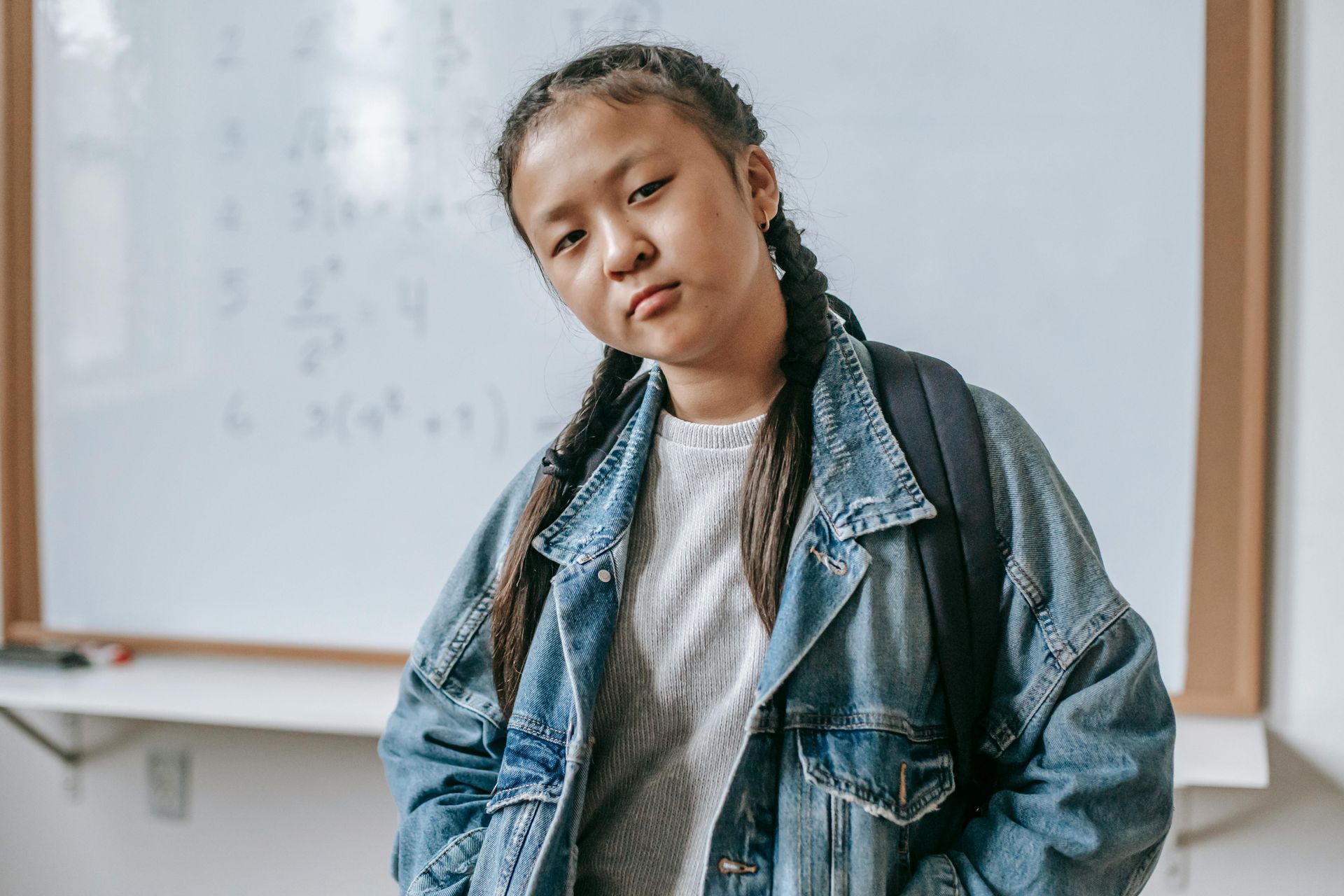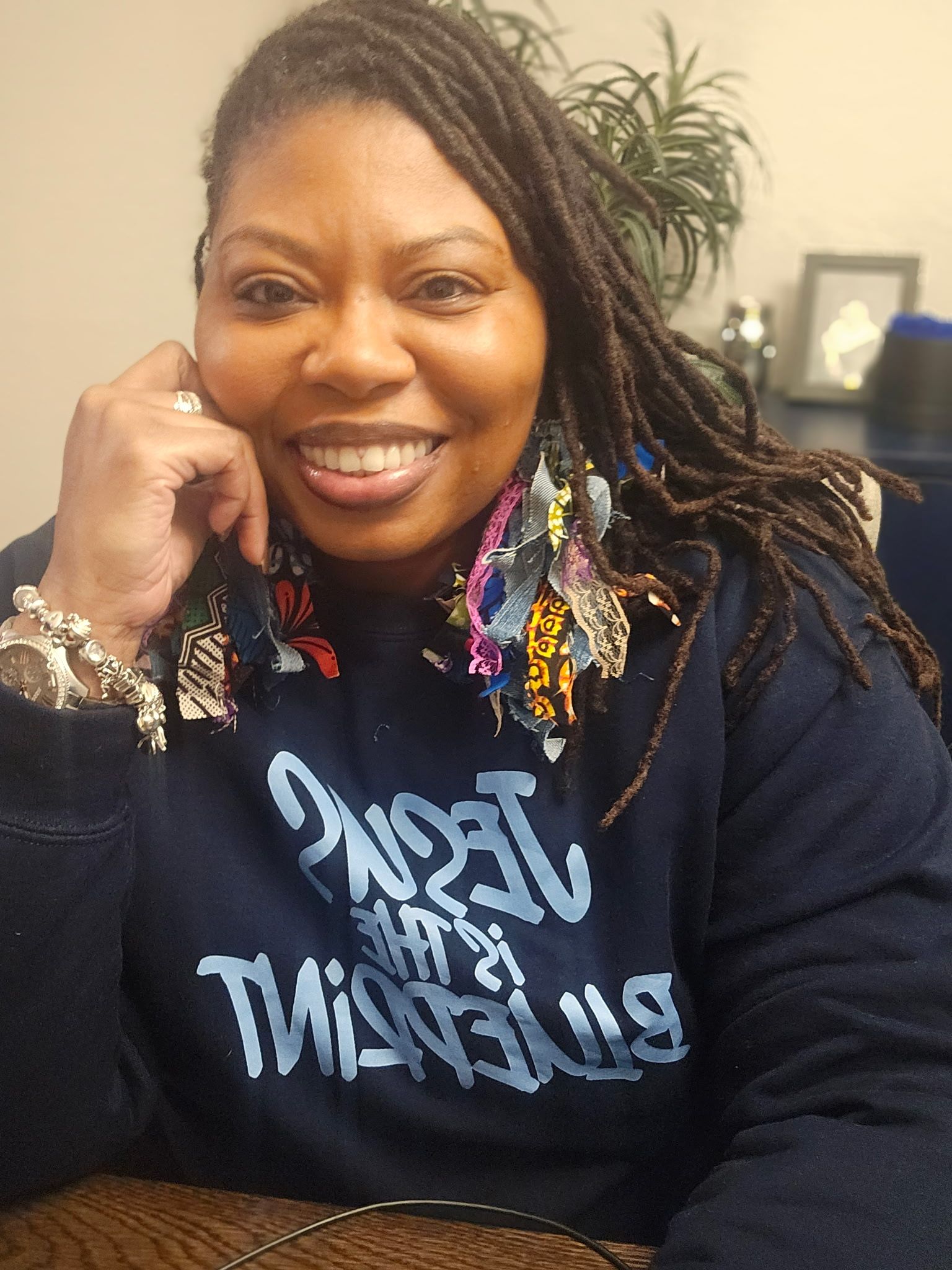Story of Hope: Emily Benedict
Emily has been an Advocate with CASA for about a year and a half. Upon graduating from her CASA training, she eagerly signed onto her first case. Emily knew from the beginning she wanted to help a teen girl who was in PMC status and needed educational help while achieving permanency. She read over the case of a 13 year old girl, Leah, whose parents’ rights had been terminated and was in a foster home. Leah had not obtained permanency and had been in care for over a year, as the foster parents wavered back and forth on their decision to adopt her. Leah was also struggling in school and was behind a grade level or two in some of her academics. Emily knew this was the child she wanted to be paired up with and amplify her voice in court.
Throughout the case, Emily has been a constant figure in Leah’s life. They go out to lunch or dinner, shop, and talk about school. Emily has advocated for Leah to obtain tutoring and follows up closely to ensure Leah’s educational goals are being met. Emily also communicated frequently with the foster parents, asking for their thoughts on adopting Leah, and their future goals. Emily maintains the caseworker, attorney, and CASA supervisor updated and informed of all issues pertaining to Leah.
A few months into the case, Emily began to notice Leah was no longer comfortable in her foster home. Leah confided in Emily her foster family was having doubts about adopting her and she felt she no longer belonged. Leah desperately wanted to be on a volleyball team but missed the tryouts as her foster mother did not allow her to participate and wanted her to focus more on academics. However, her foster brothers were allowed to participate in sports. Furthermore, the foster family stopped inviting Leah on vacations and sought out respite care for her while they were gone. Emily remained in constant communication with Leah, reassuring her everything would be ok.
Emily visited her in respite care and they continued their usual routine of lunch, shopping and talking to that Leah would know she had someone still looking out for her. Emily voiced her concerns about the foster family unsure about adopting Leah to the court. The Judge read the CASA report, asked the advocate questions and told the foster parents they needed to decide as Leah had been through so much and deserved permanency; either with them or another family. Soon after the hearing, the family decided they would not be moving forward with adopting Leah and gave notice on her placement. Leah was devastated and felt very awkward being in the home knowing she was no longer going to be a part of the family. Emily spoke to the CPS caseworker and Leah’s attorney about increasing Leah’s therapy to address the situation, and the parties met to discuss the next steps and form a plan. Emily continued to visit with Leah and reassure her a new placement was being sought and she would make sure it was a safe environment where she could be herself and feel comfortable.
About a month after giving notice, a new foster home was found for Leah. Emily visited the family, along with CPS, prior to Leah being placed to inform them of her educational status and goals, any behavioral issues, and her wish to be in volleyball and make new friends. Emily was also there with Leah during her transition into her new home and made sure Leah felt safe and comfortable.
I am happy to report Leah is thriving. She just started another volleyball season after taking a break for the holidays. She really likes her coach and her teammates and was excited that they won their first game! Emily takes her to practice at times and watches her play. Leah’s grades have also improved, so she is taking a break from tutoring and is excited to have her Saturday mornings back. Her 15th birthday is coming up in March, and she is figuring out how to celebrate. And while she has normal disagreements with her foster sisters, she really enjoys being in the foster home. She respects her foster parents and she thinks they are kind.









